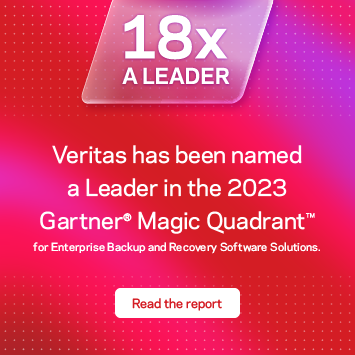- VOX
- Technical Blogs
- Enterprise Data Services Community Blog
- Court Says No To “Messy Garage” Defense, Orders Pr...
Court Says No To “Messy Garage” Defense, Orders Production
- Subscribe to RSS Feed
- Mark as New
- Mark as Read
- Bookmark
- Subscribe
- Printer Friendly Page
- Report Inappropriate Content
Are you looking to the cloud to save costs on data storage? Great idea. But look carefully at the cloud offerings out there. Companies that are going to the cloud should consider whether they can timely retrieve data for legal, regulatory or other business purposes.
This is not a theoretical consideration. Courts have traditionally rejected what I euphemistically call the “messy garage” defense. That defense usually involves a litigant informing the court that its disorganized record keeping makes production of requested documents unduly burdensome. The Brooks v. Macy’s (S.D.N.Y. May 6, 2011) decision from last month is just the latest example of a court rejecting that defense.
In Brooks, an employer was ordered to produce paper healthcare records to the plaintiff in an ERISA lawsuit. The employer had argued that the records were too burdensome to produce because:
- The records were over 20 years old;
- The records were commingled with other materials in poorly labeled, shrink-wrapped boxes;
- The records were located two states away in an Ohio warehouse;
- There was no index to determine which boxes might contain the requested documents.
The court sympathized with but ultimately rejected the employer’s burden argument. “[D]isorganized record-keeping does not excuse a party from producing relevant documents.” (Emphasis added). Objection overruled. The employer would now be forced to spend significant resources to find the requested documents.
The rationale from the Brooks case is equally applicable to cloud storage. It is not enough that documents in theory can be retrieved from a cloud provider. Instead, Brooks teaches that cloud-based data must be organized such that companies can timely respond to discovery requests and other legal demands.
You must be a registered user to add a comment. If you've already registered, sign in. Otherwise, register and sign in.
- Understand, Plan and Rehearse Ransomware Resilience series - Day 1 in Protection
- Build multi-layer fortress to protect your data with Veritas Isolated Recovery environment in Protection
- Business Outcomes and Value of Modern Data Protection Strategies in Partners
- Colonial Pipeline Attack Drives New Mandates for Cyber Resiliency in Protection
- Protecting Confidential Data During eDiscovery in Insights

